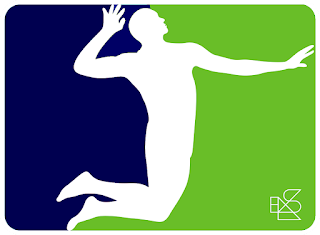You Don't Know What You Don't Know
Confucius said, "What you know you know, what you don't know, you don't know." Rumsfeld talked about "Known knowns", and "unknown unknowns". This blog post isn't about either of those people. Its about recognising when you don't know something, and using that information wisely.
Firstly - there are good aspects to not knowing, as well as negative. For some coaches, pre season is the best time of the year, because everything is still possible, and you don't yet know all the things that will end up going wrong!
But.......
- I've coached professionally for much of the last 20 years. I've also spent quite a lot of time in coach development. One thing that has become clear is that when you are a younger coach, you have no idea what you don't know. 10 years ago I thought I was a much better coach than I think I am now. But at the same time, I know I'm a better coach now than I was 10 years ago! I just didn't know what I didn't know.
- There are a lot of areas in sport were we try to be as precise as possible. Which makes sense. We look at data and take a lot of things into account, but we generally ignore what we don't know. Talent Identification and Development is one area like this. With younger athletes we see 'potential', but as they mature we spend more time identifying limitations in athletes. We see things that will stop them from being able to do things in the future, so we look to the younger athletes. The thing is though, we just don't yet know what their limitations are going to be. And because we don't know this, we assume there will not be any when we are projecting how good an athlete will be.
- The last example comes to me via the movie Whiplash. If you haven't seen it, go see it, its great. The theme of the movie is developing greatness. More specifically: is it ok to be abusive if the goal is to teach true greatness and the student genuinely wants to achieve greatness? In this movie it is about being a musician, but the same argument is used in coaching all the time. The teacher in the movie tells a story about Charlie Parker. The 'moral' of the story is that a physical threat the young Charlie received when he made a mistake, was the catalyst that turned him from a good musician to one of the all time greats. This is one of the main justifications of abuse: that the end justifies the means. It is also something that I detest in coaching. It still happens, that abuse by coaches is justified by their employers 'because they get results'. What people always forget in situations where a coach was abusive, and their athlete became good or great, is that we don't know what would have happened with a different coaching style. The athletes' success was just as likely despite the abuse, not because of it. But we don't know what we don't know.



Comments
Post a Comment